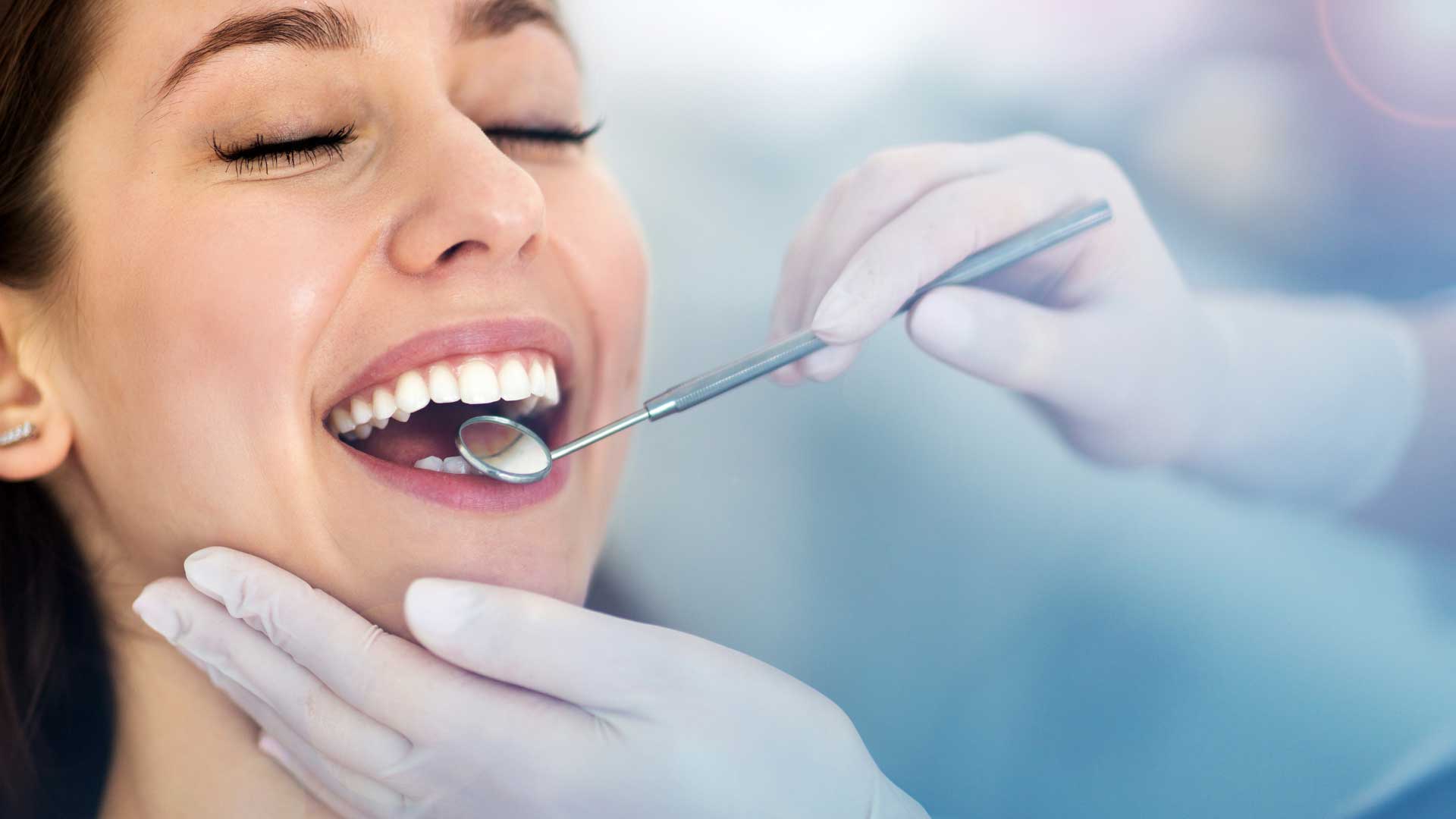Revolutionizing Dental Care: Exploring the Cutting-Edge World of Biological Dentistry

Image Source: Google
Biological dentistry, also known as holistic dentistry or biocompatible dentistry, is a rapidly growing field that is revolutionizing the way we approach dental care. Unlike traditional dentistry, which focuses solely on the treatment of dental problems, biological dentistry takes a whole-body approach to oral health.
At the core of biological dentistry is the belief that oral health is closely linked to overall health. This means that dentists practicing this approach not only treat dental issues but also consider the impact that oral health can have on the rest of the body. They understand that the mouth is not isolated from the rest of the body and that problems in the mouth can contribute to or exacerbate other health conditions.
One of the key ways in which biological dentistry differs from traditional dentistry is in the materials used for dental procedures. Biological dentists use biocompatible materials that are free from toxic substances, such as mercury and other heavy metals. They are also more likely to use natural, non-toxic alternatives to traditional dental materials, such as composite resin fillings instead of amalgam fillings.
Another important aspect of biological dentistry is the focus on prevention and minimally invasive treatments. Biological dentists place a strong emphasis on patient education, encouraging patients to adopt good oral hygiene practices and make healthy lifestyle choices. They also prioritize early detection and prevention of dental issues, using techniques such as digital X-rays and laser dentistry to identify and treat problems before they become more serious.
Biological dentists also take into consideration the emotional and psychological well-being of their patients. They recognize the impact that dental anxiety and fear can have on a person's overall health and well-being and therefore strive to create a comfortable and relaxing environment for their patients. They may offer sedation dentistry options or use alternative therapies, such as aromatherapy or acupuncture, to help patients feel more at ease during dental procedures.
The field of biological dentistry has also embraced the use of advanced technologies to enhance the quality of care. For example, some biological dentists use ozone therapy, which involves the use of ozone gas to disinfect and treat dental infections. Ozone has antimicrobial properties, making it an effective tool for promoting oral health.
Furthermore, biological dentists also explore the potential benefits of alternative therapies, such as acupuncture and homeopathy, in managing dental conditions. These therapies may be used in combination with traditional dental treatments to provide a more holistic approach to oral health.
While biological dentistry has gained popularity in recent years, it is important to note that it is not recognized as a specialty by dental boards or regulatory bodies. Therefore, patients must do their research and choose a dentist who has received additional training in biological dentistry and is knowledgeable about the latest advancements in the field.
In conclusion, biological dentistry is revolutionizing the way we approach dental care by taking a more holistic and whole-body approach. By focusing on biocompatible materials, prevention, minimally invasive treatments, and the emotional well-being of patients, biological dentists are paving the way for a new era of dental care. Through the use of advanced technologies and the exploration of alternative therapies, biological dentistry is pushing the boundaries of what is possible in oral healthcare.